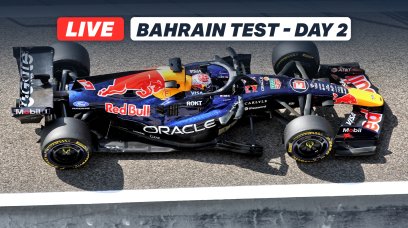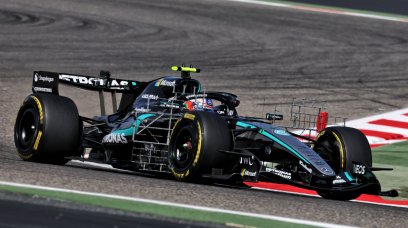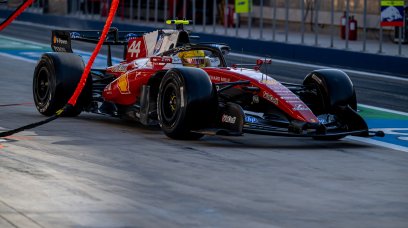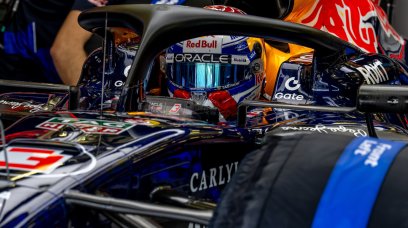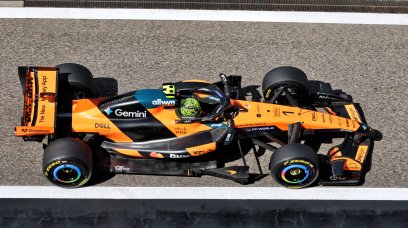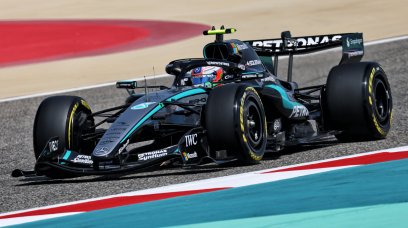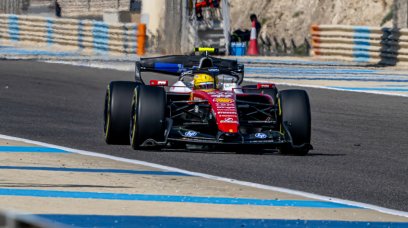Just as the clock was ticking down to signal the end of pre-season testing in 2020, the FIA released a rather curious statement, titled: FIA concludes analysis of Scuderia Ferrari Formula 1 power unit. The 93-word statement raised more than a few eyebrows, mainly due to its short nature, and the fact it was released with just minutes left of pre-season testing, at a time most eyes will have been drawn elsewhere. Anyhow, the statement read as thus. "The FIA announces that, after thorough technical investigations, it has concluded its analysis of the operation of the Scuderia Ferrari Formula 1 Power Unit and reached a settlement with the team. The specifics of the agreement will remain between the parties. "The FIA and Scuderia Ferrari have agreed to a number of technical commitments that will improve the monitoring of all Formula 1 Power Units for forthcoming championship seasons as well as assist the FIA in other regulatory duties in Formula 1 and in its research activities on carbon emissions and sustainable fuels." In short, Ferrari's 2019 power unit had been subject to an FIA technical investigation and the findings of which were to be kept strictly between the two bodies. Predictably, the other seven teams, not including Haas and Alfa Romeo with their Ferrari power units, cried foul.
Ferrari's 2019 engine
Ferrari had started off the turbo hybrid era with a power unit that was both under-powered and over-weight, a far from ideal combination as it made steady progress through the years. After title near-misses with Sebastian Vettel in 2017 and 2018, it was expected that the Scuderia, bolstered by the arrival of Charles Leclerc, would prove a formidable opponent to Mercedes - who promptly turned up and stream-rollered the field at the start of 2019. It started with five straight one-twos as Ferrari was at sea, but as the season wore on, the SF-90 machine became a regular pole-winner and, from the Belgian Grand Prix, a race winner. But something was up. Rival teams, using GPS traces and on-board footage determined that Ferrari's engine was not acting normally, and requested the FIA to investigate. The main area of concern was around the fuel-flow rate, or the amount of fuel being injected into the engine. Very simply, more fuel means more power, which means more performance and a faster car. The FIA had placed fuel flow recording devices on the cars since 2014, meaning it was impossible to pump more than the allowed 100 kilos per hour into the engine. But, as the theory went, between the measuring devices, it was fair game, or so it seemed. There is no indication that this is what Ferrari was doing with its 2019 power unit, but the fuel flow was subject to a series of questions tabled by Red Bull to the FIA at the 2019 United States GP.
FIA reach 'secret' Ferrari settlement
A technical directive from the FIA was issued on Saturday morning at Austin, where Ferrari was going for a seventh straight pole position after Leclerc or Vettel had started P1 in Belgium, Italy, Singapore, Russia, Japan and Mexico. The team did not take another pole or win after the TD was issued, but boss Mattia Binotto insisted it was pure coincidence at the timing, instead pointing to the manner in which Ferrari was using the car and its set-up. In the Abu Dhabi finale, intrigue was aroused once again when the FIA announced that Leclerc would be investigated after the race after it was found that the fuel mass in the car was "significantly different" to what had been declared. The team was fined €50,000 for the incident, but Leclerc kept third-place. As 2019 turned into 2020, the FIA's investigation continued, with the FIA's statement dropping just as pre-season testing was winding down. In response, the seven none Ferrari-powered teams issued a statement, highlighting their objection to the 'secret' settlement. "We, the undersigned teams, were surprised and shocked by the FIA’s statement of 28 February regarding the conclusion of its investigation into the Scuderia Ferrari Formula 1 power unit," read their statement. "An international sporting regulator has the responsibility to act with the highest standards of governance, integrity and transparency. "After months of investigations that were undertaken by the FIA only following queries raised by other teams, we strongly object to the FIA reaching a confidential settlement agreement with Ferrari to conclude this matter. "Therefore, we hereby state publicly our shared commitment to pursue full and proper disclosure in this matter to ensure that our sport treats all competitors fairly and equally. "We do so on behalf of the fans, the participants and the stakeholders of Formula 1. In addition, we reserve our rights to seek legal redress." When the 2020 season finally got underway in July, Ferrari's performance dropped off a cliff, with the SF1000 noticeably weaker on the straights, as evidenced by the GPS and tracking data available to teams. Ferrari limped home to sixth in the constructors' standings come season's end, its lowest finish as a team since 1980. Leclerc and Vettel achieved just three podium finishes all year.
Most read
